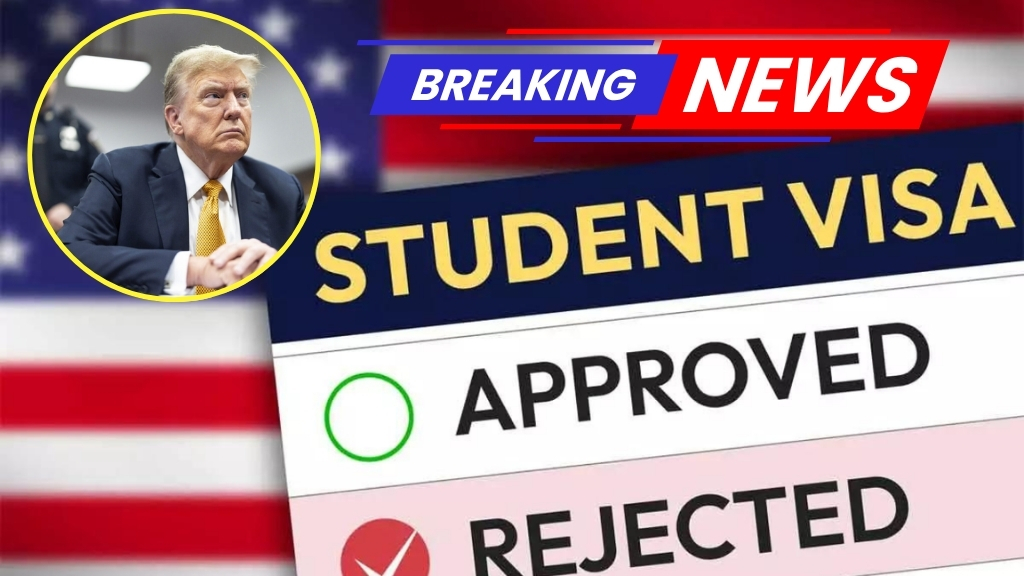The Policy Shift Explained
According to agency insiders, visas disappeared for a cocktail of reasons: tougher background checks, the student route hijacked for other aims, and missing chunks of paperwork that must prove a private sponsor can pay for a bachelor’s latte, ride to orientation, and four years of tuition. One official’s summary was blunt: “If it doesn’t add up, the application stops.” Several of the canceled files showed students bragging of medical degrees yet re-registering in culinary diploma races.
Students Caught in Transition
“Nothing feels the same, and tomorrow’s classes can’t.” That’s the e-mail echoing through global dorms from San Jose to the Great Lakes, say the barely-muted students who once claimed good grades and now search for more than legal aid. “How do facial-rec petitions secure our future?” one posting toward midnight on a help thread exclaimed. “Colleges say the files swell, so we move to the back of the laver.”
Ripples in Higher Education
The U.S. has long been the Plot twist, the surprise reunion, the first carrot for overseas talent. Yet this breadcrumb of visas erased, according to eerily quiet hotline polls, suggests future signments of U.S. tweets and top hybrid diplomas may arrive later. Career services are already tallying lost visas as something more than a cost: rather a watermark on future academic bests.
Some education experts warn that this shift might steer the brightest international students toward Canada, the U.K., and Australia—countries now rolling out robust plans to welcome global scholars. Campus leaders, for their part, worry about falling enrollments and the strain that puts on labs and libraries.
Safety vs. Influence
Proponents say the U.S. is just being prudent. They cite security threats and visa misuse—especially the job fraud cases that keep surfacing. Detractors retort that the same policy could backfire, chilling cultural exchange and letting international goodwill slip.
Real Consequences on the Ground
For the students caught in the middle, the emotional price is staggering. Social media is awash with posts about last-minute clicks on plane tickets, smashed apartment leases, and tuition well spent but now wasted. One engineering undergrad summed it up as being “zapped from under us” after years of painstaking planning.
What’s on the Horizon
The Biden team is trapped, at least for now, between advocates urging a rethink of sweeping cuts and tight-fisted lawmakers wanting layers of security. Colleges and education groups are pushing for a clearer rubric and a chance for legitimate scholars to plead their case—before benches for benches and labs for labs start gathering dust.
Right now, every kid still wonders whether they’ll even see a classroom, and whether the buzz in the halls is just something they’ll read about in old journals. Whether schools keep their doors open or shut is more than a choice; it feels like a spotlight on the bigger argument about what role the U.S. really wants in the world, especially when it comes to teaching.




